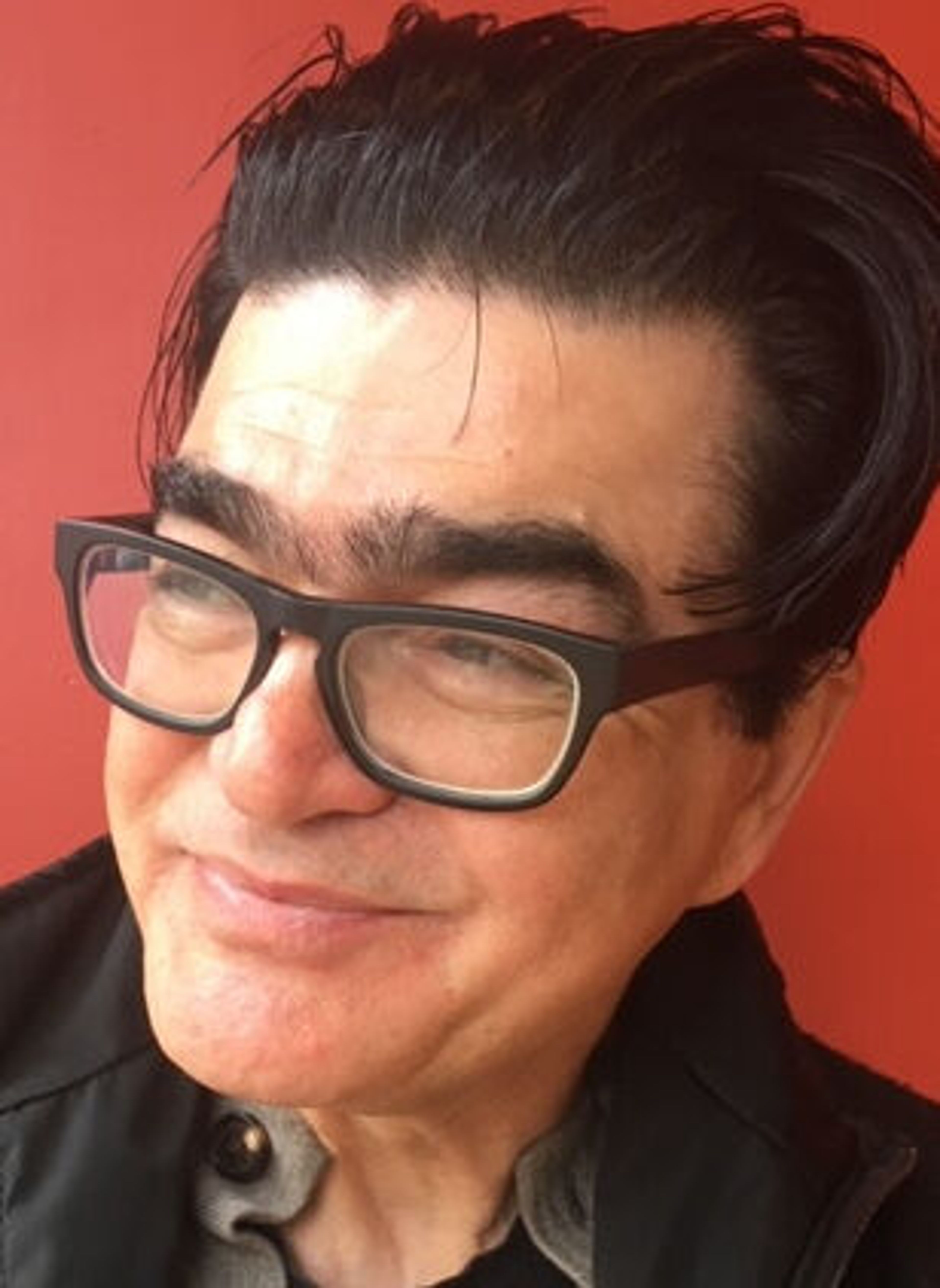I live in Pullman but drive to Moscow often, at least once a week, to meet friends and enjoy a pleasant smalltown urban experience.
But when I do, I am often cautioned against frequenting establishments that either belong to New Saint Andrews College or are owned by people who support the college. New Saint Andrews is a religious school whose mission is to “graduate leaders who shape culture living faithfully under the Lordship of Jesus Christ.” It preaches “wisdom and truth” over “pragmatism,” and “integration and beauty” over “specialization” — great words, but when cobbled together seem to scare people off.
The fear is based on the belief that if allowed to expand, the college could turn Moscow into a theocracy, where residents pay allegiance not to a central government but to a central church. Which is not untrue given the degree to which the college has indeed expanded and acquired new real estate, most recently a building on Third and Main streets and turning it into a restaurant on the ground floor and offices up above. Join that with the college’s stated bias against secularism, or at least its founder’s, and you may see how the fear may be legitimate.
And yet what are the alternatives?, the founders of the college may say. Look around and tell us what you see, likely nothing but a world characterized by anything goes. Neither building nor garden or any other feature of the built environment is sympathetic to the one next door, each a world unto its own, and not an attractive one at that. Nothing unites except an abstract set of codes, determining scale and location but little else, and certainly not cultural value and meaning. Who can live in a world like this except the coldest and most dead to the world.
Show us a different path to a more coherent and beautiful place and we may relinquish our insistence on church and God, the founders may continue. Planning regulations haven’t worked nor have rational statements against, say, sprawl, or hideous big box stores. Look at Pullman, they may point out, its houses strewn across the fields, without rhyme or social reason, but merely there to gain profit.
The result is a world uglier than sin, hard to live in and appreciate, and requires frequent exists to the countryside, or Europe, to outlast. Secularist, like myself, have tried to make a difference through words and drawings, presentations and workshops. But nothing has worked, including a recent meeting with a senior Pullman city official (whose name shall remain unmentioned) urging that person to establish a design review program with which to start a culture of feedback between city and developers meant to achieve, not high design, but a basic measure of decency in the built environment. That official was kind and sweet but ultimately shut all paths to the manifestation of the idea. Nor did that person offer a different vision, or a call for a think tank to generate one, but left matters where they were: chaos as usual.
Between freedom and laws that foster a modicum of consistency, freedom has won out, at least in this country. Which is good and even important, up until we realize that it often happens at the expense of coherency and beauty, and that reversing course is difficult and expensive. Is there a better way to protect against that, perhaps constructing a center and keeping all those who live nearby loyal to it? Might piety provide a solution?
New Saint Andrews tells us that the answer might be yes, through liturgical spaces for sure, but more importantly, for this column, beautiful settings, interiors and exteriors, be they café, bar or bookstore, of which the college owns and supports a few, as mentioned already. Day and night they teem with patrons, coming together to share stories and reflect on the day’s events. None are likely to win design awards, although you never know, but all are warm and charming enough they compel social and convivial expressions of joy and unity. Not unlike a flower, they melt away differences in favor of unconditional commitments to fellow human and community.
None of this should suggest that we should replace democracy with theocracy. But it does urge that we examine the intellectual tools of religion to rethink contemporary secularism. What instruments of government can be leveraged to restore a center equivalent to that of the church but without necessarily the magnet of the scripture? Are there any and if not how can we construct new ones? What role should policy play? Up until then, it is hard to argue against what New Saint Andrews has built.
Rahmani is a professor of architecture at Washington State University where he teaches courses in design and theory.








